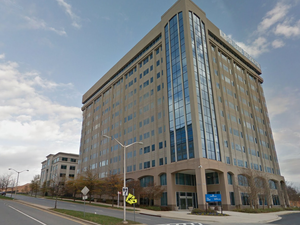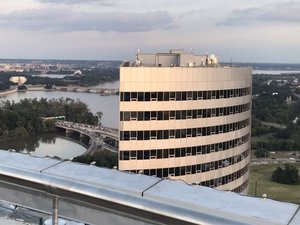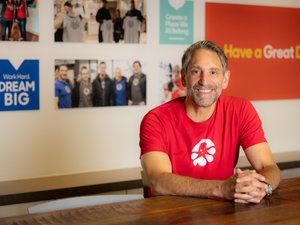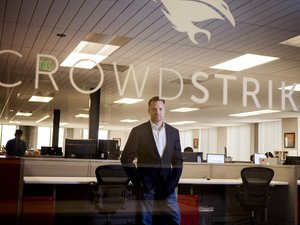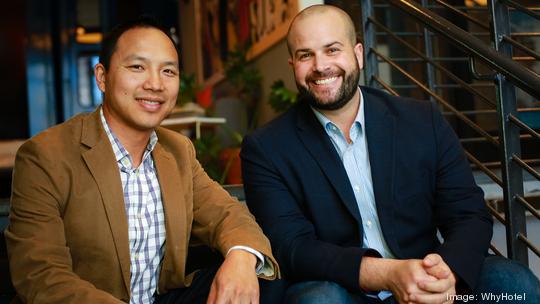
Jason Fudin went on LinkedIn on Monday and wrote something he’d wanted to say for years.
“Hello PROFITABILITY, nice to meet you,” the co-founder and CEO of Placemakr typed out in a post he drafted during a flight.
The 7-year-old company formerly known as WhyHotel achieved profitability for the month of June, though it doesn't yet expect to be profitable on a full-year basis until 2025. But for Fudin and his co-founder Bao Vuong, just seeing the change from net loss to net income was important.
“Me and Bao came from real estate where the whole point of it is cash flow, and you make money,” Fudin told me in an interview Thursday.
“So the idea that you’re building a company where you’re losing money to us is, like, nauseating. We’ve always been highly focused on, how do we build an enduring business? And a big part of that is building a profitable business.”
Most if not all its fellow venture-capital-backed companies have been working toward the goal over the past two years after the era of limitless growth and low interest rates ended and venture firms began putting pressure on startups to deliver investor returns.
“The benefit of profitability as a high-growth company is you get to take into your hands how, where and why you grow the business,” Fudin said.
Fudin and Vuong, Placemakr's president, originally launched the company as a pop-up concept, operating temporary hotels in vacant units in luxury apartments during the initial leasing phase. But the pandemic forced the company to lay off a significant portion of its staff and evolve its model.
Now, most of the company’s business comes from what it calls its hospitality living properties, where it manages entire properties on a permanent basis, offering long, medium and short-term stays using its proprietary software platform. The original pop-up hotels concept remains active but accounts for only about 20% of the operation.
Investors including D.C.’s Camber Creek, D.C.’s Revolution’s Rise of the Rest Seed Fund, Boston's Highland Capital Partners, Richmond's Harbert Growth Partners, D.C.'s Bernstein Management Corp., Hong Kong's Gaw Capital and others have backed Placemakr since its inception. With their help it’s raised more than $350 million in lifetime funding — a combination of debt and equity.
Fudin declined to say whether Placemakr, a DC Inno Fire Awards honoree in 2022, would raise money again in the near future, but said the company is well-capitalized.
Current locations are in D.C. and Columbia, Maryland, along with Atlanta, Nashville, New York, Austin and San Antonio. It’s in discussions to partner with existing owners in “a very large number of buildings,” Fudin said. About half of those are in markets where it’s already present and the rest are in other top U.S. metro markets.
Eventually, the company’s goal is to operate in every major metro market in the country.
But it’s gotten to this point by tempering its expectations in some ways and prioritizing incremental improvements in efficiency, customer satisfaction and revenue over big jumps.
A year ago, Fudin expected the company would grow to nearly 500 employees by the end of 2023. But employment remains at about 300 as properties it entered were fewer than anticipated and required smaller staffs and its corporate, mid-level employees became more efficient, he said.
The company’s annualized bookings — a measure of one month’s bookings multiplied by 12 — have grown from a pandemic low point of less than $5 million to nearly $150 million today.
Next, the goal is to keep “feeding the machine,” Fudin said, meaning continuing to bring on buildings to put its software platform — which it has spent millions to build — to work. An IPO or other exit isn’t on the horizon, but Fudin acknowledged that venture capital investors do have timelines.
“That doesn’t mean you have to go public or sell or anything else,” he said. “It just means you need to pay attention to that as you mature.”
